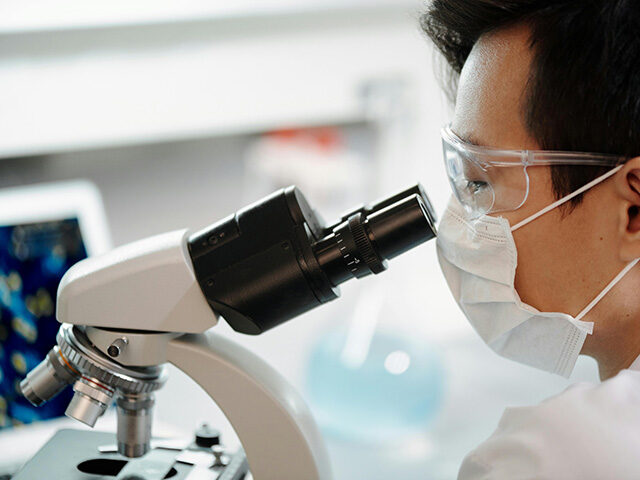Reuters published a report Thursday that showed China-based inventors have filed more than 1,000 patents in the United States since 2010 based on advanced technology research funded by U.S. taxpayers.
The report was based on data from the U.S. Patent and Trademark Office (USPTO), which was requested by the House Select Committee on the Chinese Communist Party in June. The committee was interested in learning whether U.S. government funding was producing Chinese technology breakthroughs or not. The answer appears to be a resounding “yes.”
A total of 1,020 patents were filed between 2010 and the first quarter of 2024 that included both U.S. government-funded research and at least one Chinese entity. Of these, 197 of the patents concerned pharmaceuticals and 154 were in biotechnology, which are both highly sensitive fields, especially in the post-Covid world.
As for the research funding, it was provided by NASA in four cases, the Pentagon in 92, the Department of Energy in 175, and the Department of Health and Human Services in a whopping 356. The four NASA cases were especially troubling to the House committee because NASA is explicitly forbidden from cooperating with Chinese entities under U.S. law.
There was some modest cause for optimism in the number of Chinese patents dropping from a high of 99 in 2019 to only 16 in the first quarter of 2024 – but, on the other hand, that still seems surprisingly high, given how much emphasis the U.S. government has been putting on Chinese technology theft and national security threats in recent years.
The data furnished to the House committee by USPTO did not indicate if any U.S. entities shared the patents in question.
“It’s alarming that U.S. taxpayers have unwittingly funded over 1,000 patents claimed by Chinese entities, with the Department of Defense accounting for nearly 100 of these patents,” committee chairman Rep. John Moolenaar (R-MI) told Reuters.
The reason any of these China-based, U.S.-funded patents exist is the U.S.-China Science and Technology Agreement (STA), a pact first signed in 1979 and renegotiated every five years since then.
The original idea was to build better relations between the U.S. and China by sharing scientific knowledge, particularly agricultural science, which China was in great need of improving at the time. The STA grew to encompass more “cooperation” in a growing number of scientific fields over the years.
The latest iteration of the STA was supposed to be renewed in 2023, but instead of a new five-year deal, the old agreement was given a six-month extension to allow time for extensive re-negotiations. Those re-negotiations proved tougher than anticipated, so the STA received another six-month extension in March – meaning it expired on Tuesday. Another short-term extension is possible, but a new five-year pact seems unlikely in the current political climate.
The scientific community is generally in favor of extending and expanding the STA, believing the benefits of academic cooperation far outweigh the risks. Some proponents of the agreement think it gives the U.S. useful tools for keeping tabs on China’s technological progress. The diplomatic community likes the idea of using “science diplomacy” to improve international relations.
However, a growing chorus of U.S. politicians and business leaders feels the STA benefits China far more than it does the United States. That is the argument that led the House Select Committee on the Chinese Communist Party to request patent data from USPTO.
The House Select Committee participated this month in a roundtable discussion with Iowa farmers who were concerned with China stealing agricultural technology – the very field of scientific endeavor that kicked off the U.S.-China Science and Technology Agreement, 45 years ago.
Two weeks ago, the Committee asked the FDA for information about U.S. pharmaceutical companies teaming up with the People’s Liberation Army (PLA) of China to run clinical trials on new drugs – including trials in occupied East Turkistan, home of the oppressed Uyghur Muslims. The political environment for renewing the STA is difficult indeed.

COMMENTS
Please let us know if you're having issues with commenting.